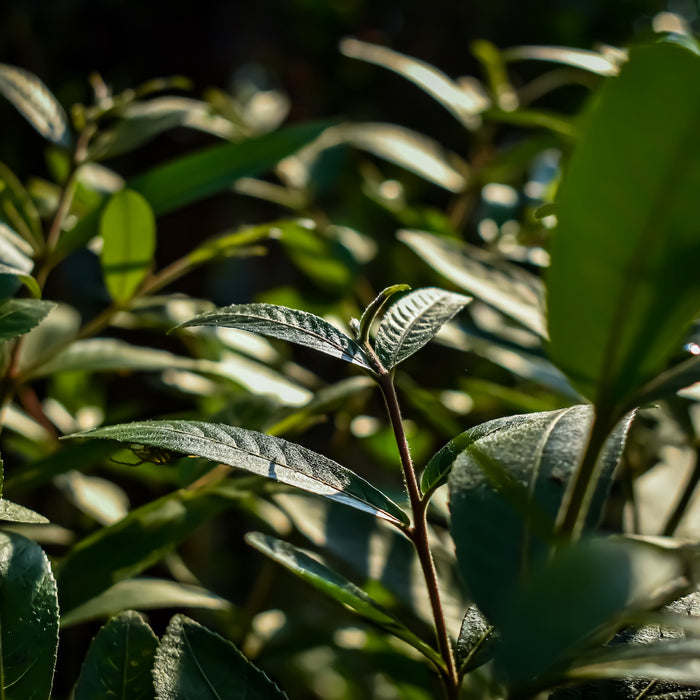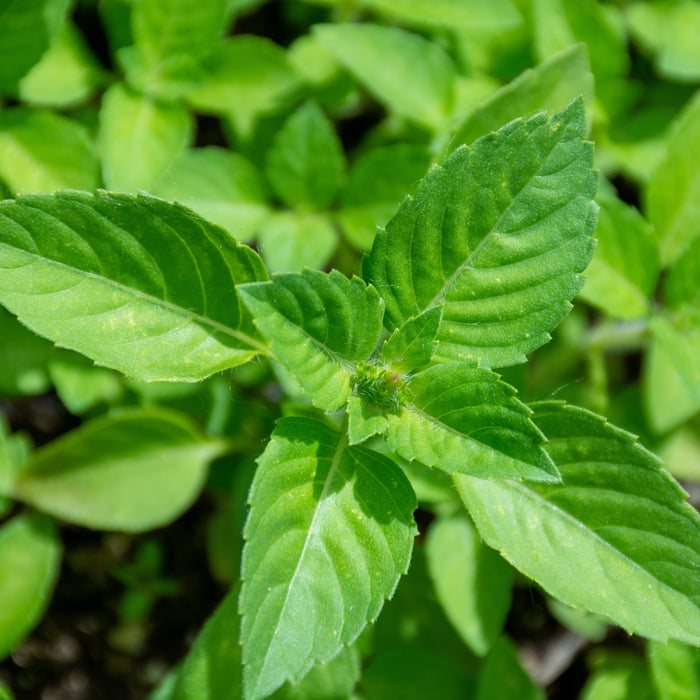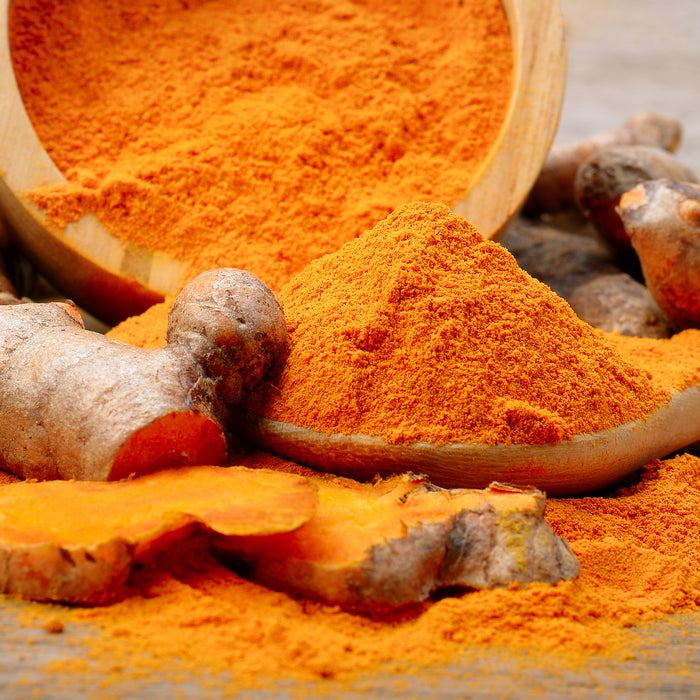News
-

Autumn & Winter Wellness Tips with Common Ground Herbals
Read nowIn this blog we have chatted to Sarah Farrow, medical herbalist from Common Ground Herbals, about what advice she would give to help everyone improve their Autumn and Winter Wellness! Keep reading to find out about Sarah’s fantastic tips! About...
-

Nurturing Your Liver: The Power of Herbs in Supporting Liver Health by Dylan Parry BSc Hons Clinical Herbalism
Read nowDylan Parry, Nature's Laboratory's Director of Herbal Medicine introduces us to the functions of the liver and takes an in-depth look at herbs that can support your liver health.
-

Practitioner Spotlight - Sarah Farrow of Common Ground Herbals
Read now- Our new Spotlight on Practitioners blogs start this month, promoting our great herbal community. We are delighted to introduce our October herbalist, Sarah Farrow of Common Ground Herbals.
Herb Profiles
-

Terminalia arjuna
Read nowTerminalia arjuna is an ayurvedic plant with significant therapeutic value. It is commonly known as Arjuna, Indradru, Partha and Veeravriksha, and is indigenous to the Indian subcontinent. We at Herbal Apothecary are proud to supply T. arjuna tincture and bark...
-

Tulsi - Ocimum sanctum
Read nowTulsi, also known as Tulasi in Sanskrit, or holy basil in English, is a culinary and medicinal aromatic herb. It is indigenous to the Indian continent and highly revered for its medicinal uses within the Ayurvedic and Siddha medical systems....
-

Curcuma longa
Read nowCurcuma longa, commonly known as turmeric or as Haridra in Ayurvedic medicine, is a perennial herb which has a very long history of medicinal use, dating back nearly 4000 years. It is also used as a culinary spice and as...
Research Papers
-
Isolation of a Novel Flavanonol and an Alkylresorcinol with Highly Potent Anti-Trypanosomal Activity from Libyan Propolis
Read nowTwelve propolis samples from different parts of Libya were investigated for their phytochemical constituents. Ethanol extracts of the samples and some purified compounds were tested against Trypanosoma brucei, Plasmodium falciparum and against two helminth species, Trichinella spiralis and Caenorhabditis elegans,...
-
New anti-trypanosomal active prenylated compounds from African propolis
Read nowThe secondary metabolite composition of propolis has always been corroborated on the vegetation surrounding the bee hive. The plants chosen by the bees seem to exhibit activity to protect the hive from the surrounding environmental pressures which include protozoal attack....
-
Analysis of sugars in bee pollen and propolis by ligand exchange chromatography in combination with pulsed amperometric detection and mass spectrometry
Read nowThe analysis of sugars in the natural products propolis and bee pollen was carried by high-performance thin layer chromatography (HPTLC), high-performance ligand exchange chromatography with pulsed amperometric detection (HPLEC-PAD) and HPLEC coupled to liquid chromatography–electrospray ionisation mass spectrometry (LC–ESI-MS) in...






